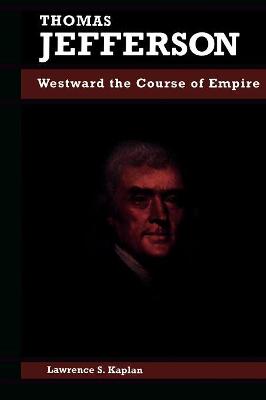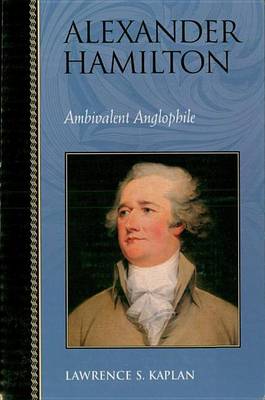Biographies in American Foreign Policy
2 total works
This biography of one of America's greatest political figures focuses on Thomas Jefferson's role as a maker of foreign policy. Although he was not the sole formulator of American diplomacy, Jefferson's voice was the most pervasive in the first generation of the republic's history. This text explores how the concept of the United States' westward expansion worked as the moving force in forming Jefferson's judgments and actions in foreign relations. Although much has been written about Jefferson, this volume is one of the few that explores the full range of his positions on foreign relations. Readable and authoritative, Thomas Jefferson: Westward the Course of Empire offers new insight into the man who shaped American foreign policy.
Of all of the Founding Fathers of the American republic none, with the possible exception of Thomas Jefferson, has evoked more passions and aroused more controversy than Alexander Hamilton. In this absorbing new biography, eminent historian Lawrence Kaplan examines Hamilton's conception of America's role in the world and the foreign policies that followed from his vision. Kaplan looks at how Hamilton acted upon his views in shaping the course of American foreign relations. The author provides a focused, accessible biography of Hamilton and a nuanced assessment of his impact on Federalist Era foreign policy. In the Jefferson-Jackson era Hamilton's persona as an elitist urban aristocrat condemned him as an enemy of an expanding democratic America-an Anglophile at a time when Great Britain was the major adversary. Such was his reputation as an enemy of the common man that his deep-seated opposition to the institution of slavery won little recognition from northern abolitionists. This book will fascinate readers with its insights into Hamilton and the formative years of the United States of America.

